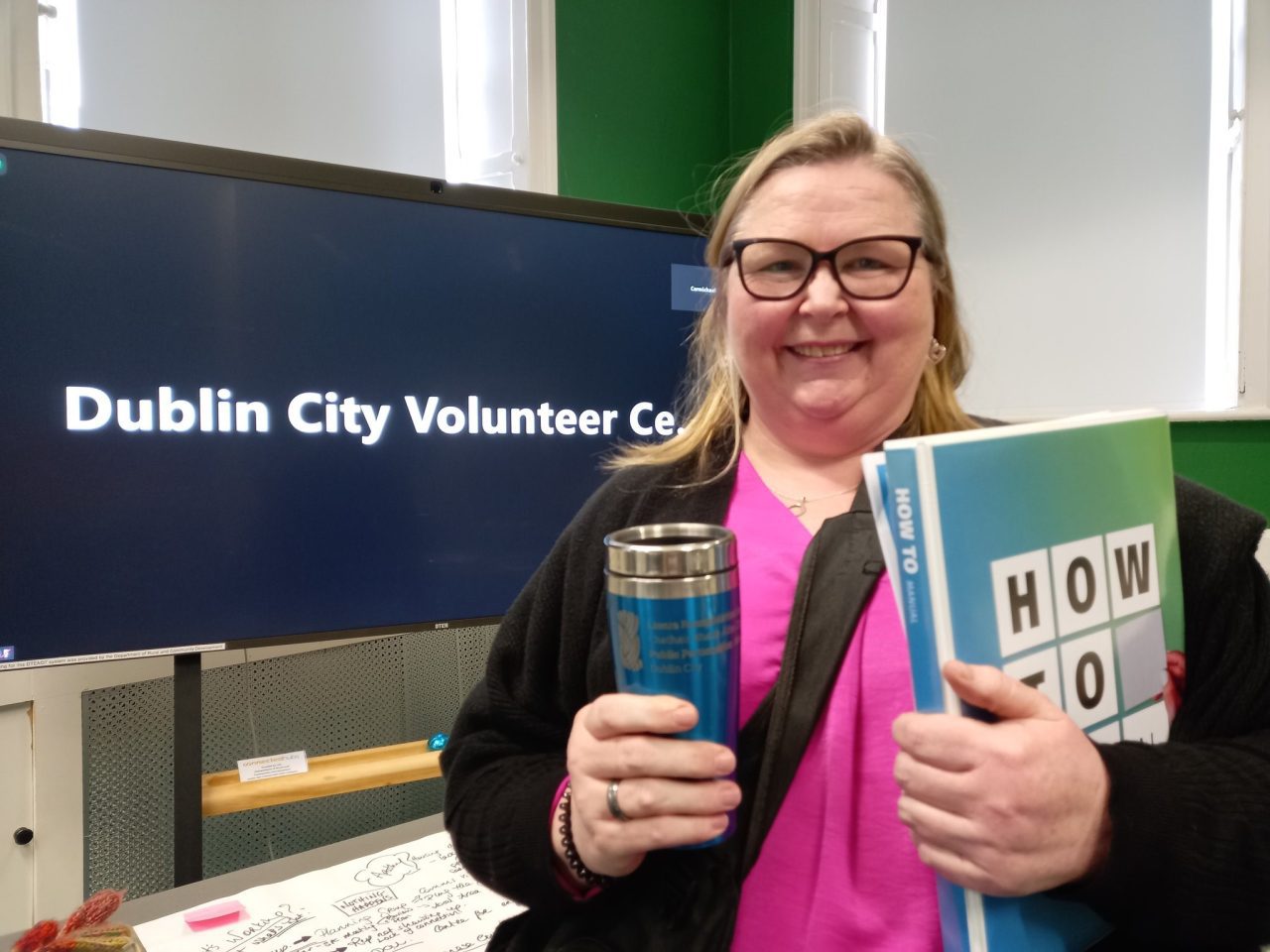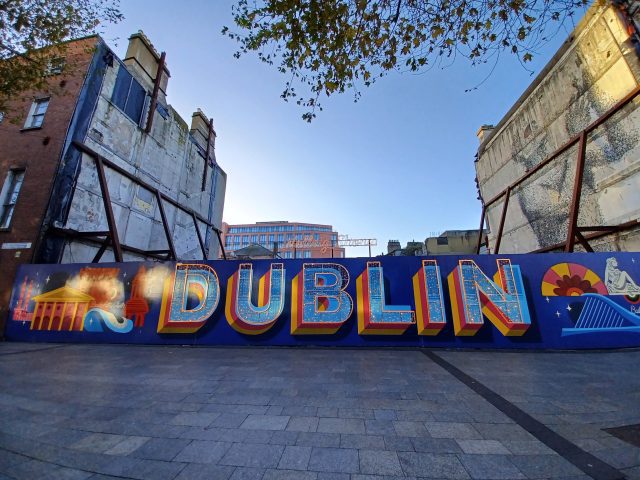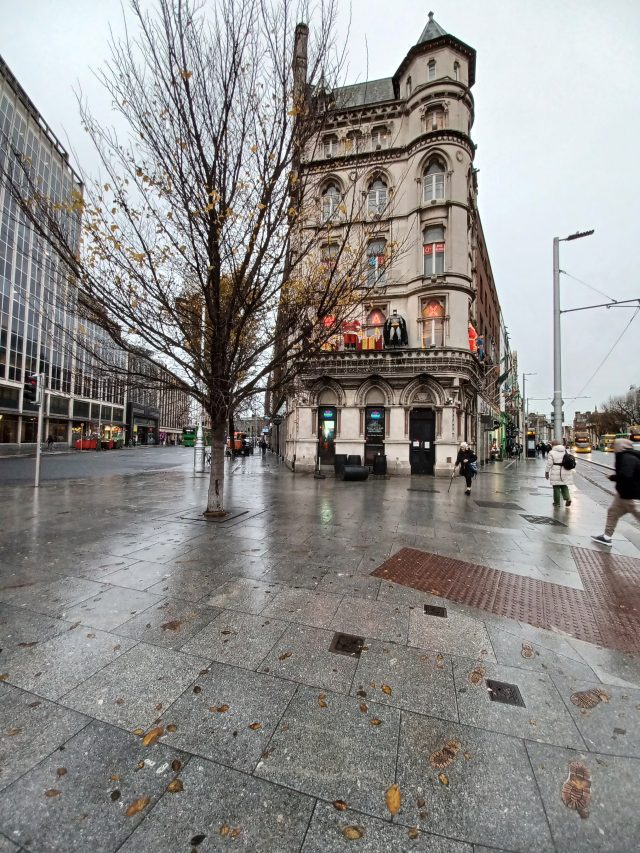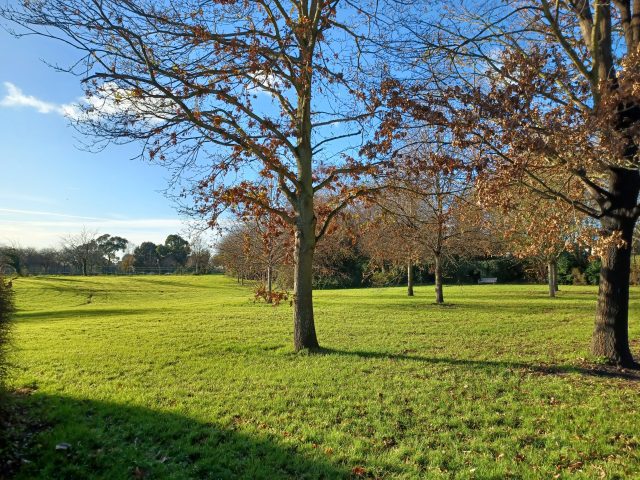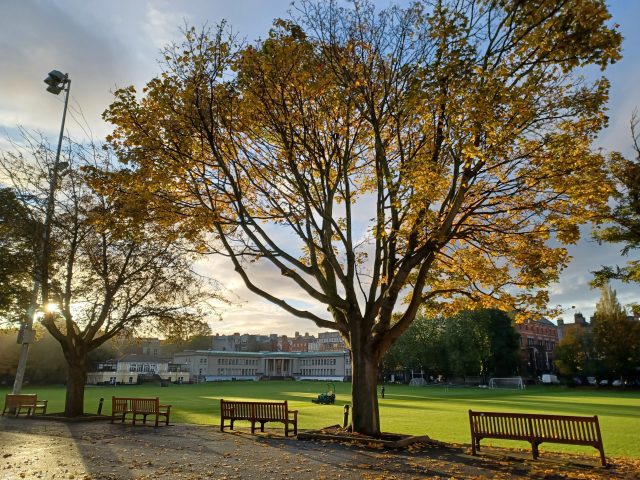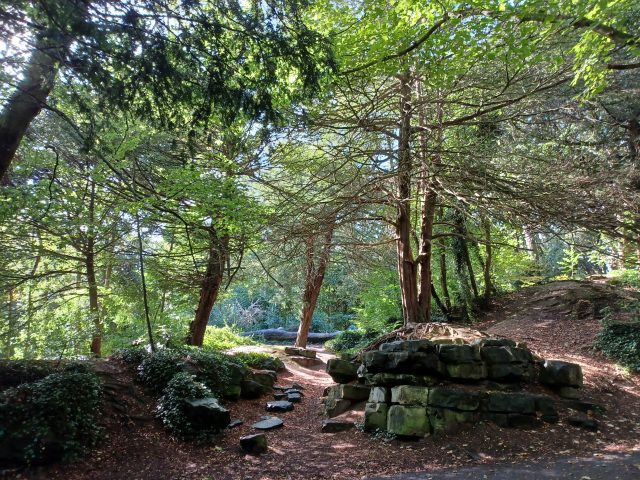We talked to Kelley about her role as PPN representative, on the Local Community Development Committee, and asked her some questions about her time with the committee.
1.What is your name and which member group do you belong to?
My name is Kelley Bermingham, and I was a PPN representative on the Local Community Development Committee (LCDC), from the Voluntary and Community Pillar of the PPN. The PPN is a network of member groups, and the member group I am from is The Iveagh Trust.
2. When did you take up your role as Representative on the LCDC?
September 2019 I believe, when I was working with Saint Patrick’s Cathedral.
3. Why did you think it would be interesting?
To be quite frank, I was a reluctant recruit! I was very sceptical as I had a perception of these things being a talk-shop with very little tangible outcome. Happy to say I was absolutely wrong! Before agreeing to step into this, I had a tonne of questions. Gerry Kerr, who has vast experience in the area, was of great support, and has made a huge contribution himself. I love Dublin city, and have been increasingly concerned and frustrated about the lack of community spaces – especially in the city centre. Also of concern was the lack of joined up thinking and the sense of disconnect between decision making and the day-to-day experiences of people who live, work and visit the city.
4. What has been the biggest impact of your service?
From my perspective, I am a very small cog in many turning wheels! However, I believe I have represented the communities throughout the city to the best of my ability. I have served on a couple of sub-committees –
- Healthy Ireland,
- looking at ways of improving the health benefits for people in the city
- working with experts in the field and supporting the direction that projects go
- looking at issues such as biodiversity, accessibility, access to water refill stations etc
- supporting projects run by teams of people within the local authority areas e.g. Dublin South Central, North Central, South East Area etc
- Finance Sub-Committee
- As part of a working group, coming together to analyse the shortlisted grants applications and assisting in the challenging decisions of who the successful applicants might be.
- Really important to note that the bulk of the heavy lifting in this regard is undertaken by the administration team in DCC. They meet with us to agree the criteria and do all of the background work attempting to ensure that every group, especially those least resourced, can make themselves eligible by meeting all the criteria laid down (usually
- Steering / Advisory Working Group for the development of the Local Economic Plan which will directly impact the shaping of the city over the coming years.
- Contributing to the community and community related aspects of the LECP
- Connecting various sources of data related to community based evidence sources
- Providing links to testimonies of life and business and the interdependency of a holistically healthy city
5. Would you recommend this role, and why?
I believe that if you have experience that speaks for the whole community – a bigger-picture view with an appreciation for how we make things better for the people we serve, then this is the arena to be in. I learned so SO much from the PPN & LCDC colleagues. I can wholeheartedly say that everyone is there to do their very best for the communities we serve. One word of caution is that, whilst you may have a particular area of expertise as a community rep, you need to be aware that you are there to serve the whole community, and so having a broad view and understanding of city life, programmes, clubs and organisations would be really helpful to make the community role as relevant as possible to as many people as is possible. You are a PPN representative.
6. What would people learn from the role?
Negotiation and listening skills will be honed well. Learning the inner workings of the local authority, and appreciation of the vast array of expertise, the sheer variety of views, and how to reach consensus with people who may hold very different views / perspectives. Personal development in the expression of speaking up and contributing to meetings in a solution focused, respectful and appreciative manner. Persistence in having matters prioritised. Consistency of messaging. Communication out to the wider community after meetings – keeping groups appraised of what is available, decisions, minutes etc
7. People criticise committee work as “slow” and they sometimes say that local authority committees are “talking shops”. What would you say to those comments?
That would have been my perception, but when you are in the role, you begin to see how and why things appear to be slow. There are so many things beyond our control and there are so many aspects that have to be fully observed. Constraints are placed upon some decisions in the form of external criteria – for example with grants that are available. Striking the balance between ensuring full compliance and meeting the needs of the most disadvantaged / least resourced is no easy task. There are times that delays in decision making cause frustration, but equally there could be great error in rushing through things that have not taken into consideration all viewpoints and facts.
8. What are some of the challenges of being a PPN rep?
For me, time is a constraint. Anyone stepping into the role needs to know and understand that the bulk of the work happens in the standard working week (usually Wed / Thurs mornings). I am extremely lucky in that both the organisations I worked for in the past 4 years (Saint Patrick’s Cathedral and The Iveagh Trust) fully embraced the value of the role and afforded the flexibility to serve the whole city through my participation in the PPN. An understanding and appreciative employer is essential. I would suggest that the first couple of months are focused on listening, observing and learning the systems, getting to know colleagues and seeing where your contribution will be most effective. Sub-working groups are additional time to contribute to the overall work but are completely optional. I would recommend taking on at least one in your term of service if you can manage it.
9. What would be the top three tips that you could give to the person who replaces you?
– Listen deeply to your community and know that you are serving the WHOLE community, not just the groups that you are involved in
– Reach out to others and ask how they would like to be represented
– Abstain from decisions that may be a conflict of interest for you and be fully transparent. We all have bias – conscious and unconscious – challenge that in yourself and be open.
10. Will you stay in touch with the PPN?
I would love to, and am open to supporting whoever steps into the role.
